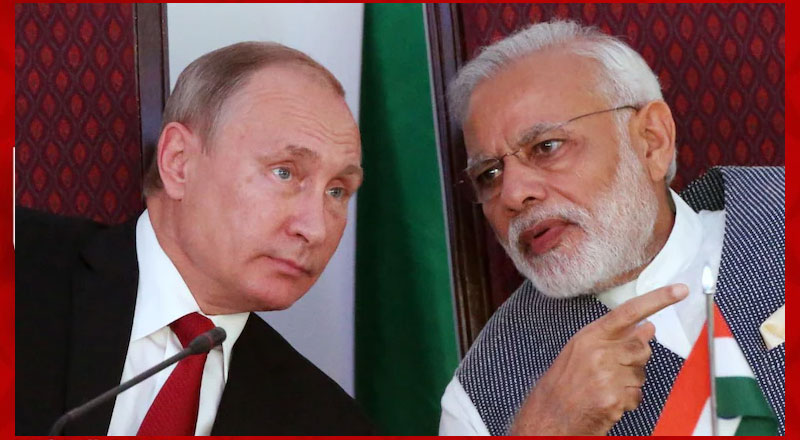An aspiring global superpower like India should be seen taking a stand it wants to instead of coming across as taking a stand it’s having to take. And so, while it makes sense for India to abstain against United Nations resolutions condemning Russia for invading Ukraine, it’s time Delhi began debating how its diplomacy can be ‘atmanirbhar’.
ubrahmanyam Jaishankar must have had a sleepless couple of weeks. The suave career diplomat is facing the toughest test of not just his brief foreign ministership but also his professional life. For the last two weeks, ever since Russian president Vladimir Putin announced the launch of a “special military operation” (read: invasion) in neighbouring Ukraine, S Jaishankar has been helming a massive logistical operation to evacuate thousands of Indians – mostly students studying medicine – from Ukraine. Along with this, Jaishankar has been busy marshalling his diplomatic troops, reaching out to capitals across the world in an attempt to explain India’s position at the United Nations, where Delhi is stuck between a rock and a hard place.
has taken pains to explain its decision, releasing read-between-the-lines statements that stop short of calling out Russia by name but that do make references to ‘respecting the sovereignty and territorial integrity of states’. At the UN, Delhi has been as consistent in abstaining on resolutions against Moscow as it has been in saying that diplomatic dialogue is the only way out of the crisis triggered by Russia’s invasion of Ukraine.
AND THEREIN LIES THE PROBLEM
If you want to be a global superpower, like India dreams of being, you got to be seen taking a stand that you *want* instead of coming across as taking a stand you’re *having to take*. And as far as Russia-Ukraine is concerned, India has come across as taking the second sort of a stand. Even among commentators who have argued against criticising India for its abstentions on matters related to Russia at the UN, the primary refrain has been: What choice did Delhi really have?
And that, I want to argue, is a situation Indian governments of the present and future need to change. Delhi should have a choice. Delhi should be able to stand up at a global forum and tell its ‘friend’ that what you are doing is not right. What the current Russia-Ukraine crisis has shown us is that in diplomacy, Delhi needs to be ‘atmanirbhar’, self-reliant.
How do we get there? The routes can be debated. But the point is that that debate needs to be had now. Till then, we can keep preferring ‘realpolitik





